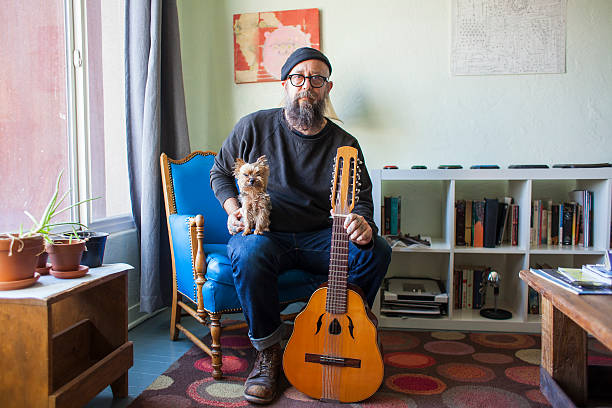Every musician experiences moments when progress feels slow or even non-existent. It can be frustrating to practise regularly and still feel like you’re not getting better. However, plateaus are a natural part of learning, and there are ways to push through them.

1. Reassess your practice routine
Not all practice is effective. If you’re not seeing improvement, it might be time to change your approach. Try these adjustments:
- Set clear goals – Instead of just playing for a set amount of time, focus on specific skills, such as mastering a difficult passage or improving finger strength.
- Use structured practice – Divide your session into warm-ups, technical exercises, repertoire work, and creative exploration to keep things balanced.
- Slow down – Playing too fast can lead to mistakes that become habits. Practising slowly with precision helps build muscle memory correctly.
2. Record yourself
It’s easy to overlook progress when you’re too close to your own playing. Recording yourself allows you to hear small improvements that might not be obvious in the moment. Compare old and new recordings to track your growth over time.
3. Take a break or change things up
Sometimes, the brain and body need time to process what you’ve been learning. If you feel stuck, try:
- Taking short breaks – A day or two away from your instrument can refresh your perspective.
- Playing something different – Experiment with a new genre, improvisation, or a fun piece you love.
- Learning from other musicians – Watching performances or playing with others can inspire new ideas.
4. Focus on one challenge at a time
Feeling overwhelmed can make it seem like you’re not progressing. Break challenges into smaller, manageable goals. For example, if a piece feels too difficult, focus on mastering just one phrase at a time. Small victories add up to big improvements.
5. Seek feedback
Sometimes, an outside perspective can reveal what you might be missing. Ask a teacher, mentor, or fellow musician for feedback on your playing. They can provide insights, correct mistakes, and suggest new techniques to help you improve.
6. Stay patient and trust the process
Progress isn’t always linear. Some improvements happen slowly and become noticeable only after consistent effort. Keep in mind:
- Every musician faces plateaus – Even professionals experience moments where they feel stuck.
- Improvement is gradual – Skills develop over time, even if you don’t notice immediate results.
- Consistency matters more than speed – Regular, mindful practice will lead to long-term growth.
Feeling like you’re not improving can be discouraging, but it doesn’t mean you aren’t making progress. By adjusting your practice routine, recording yourself, seeking feedback, and staying patient, you’ll overcome the plateau and continue growing as a musician.



